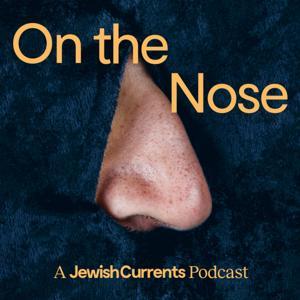Kate Wolf and Eric Newman are joined by the novelist and critic Namwali Serpell to discuss her latest book, On Morrison. Through close readings of Toni Morrison's many novels, as well as her plays, short stories, and early work as a book editor, Serpell's book appraises how critics, scholars, and the public received Morrison across her career and beyond. The book rigorously examines Morrison's writing from a plenitude of contexts and angles, including Black aesthetics, history, literature, race, gender, philosophy, and craft. Though Morrsion has long been considered a titan of American literature, and was the first Black woman to win the Nobel Prize for literature in 1993, On Morrison proves that there is still plenty more to be gleaned from the complexity and achievement of her work. Serpell discusses what makes Morrison a difficult writer, how she is often misread, and why her books speak, as ever, to the present moment.




































